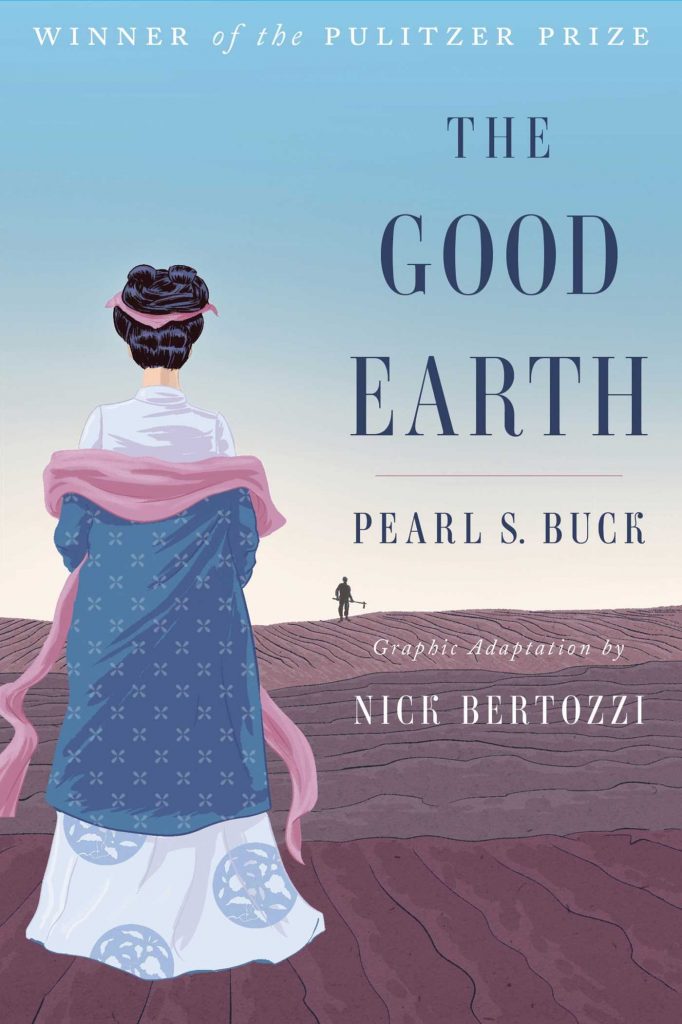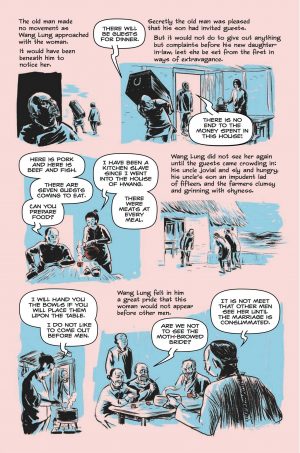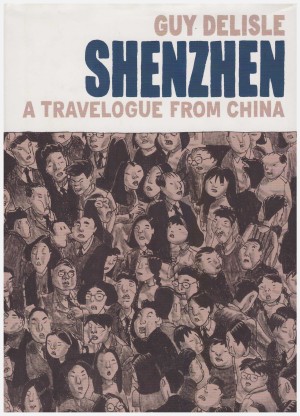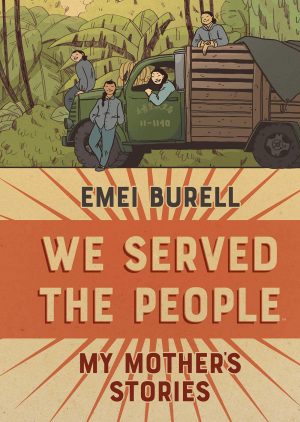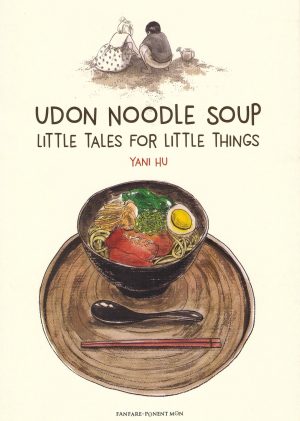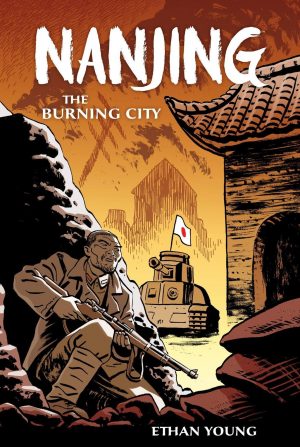Review by Frank Plowright
The Good Earth has somewhat fallen from favour, but won the Pulitzer Prize in 1932, and along with two sequels earned Pearl S. Buck the Nobel Prize in 1938. It’s a little more controversial now. Ridiculous prescriptions about writing don’t look kindly on an American woman examining Chinese culture, despite her possessing an intimate understanding of it, having been brought up in China, while changing times and attitudes leave it open to accusations of racial stereotyping.
When originally written China was on the verge of tremendous change, having seen centuries of dynastic rule end, causing a power vacuum and the struggles that accompany it before the country was united. Japanese occupation, then World War II, civil war and Communist takeover would follow. It’s an epic following farmer Wang Lung over a lifetime. When first seen he’s a desperately poor farmer, yet a man whose integrity remains intact despite poverty, and who has an abiding faith in the value of land, holding on to what he’s acquired even when he has to leave it and move his family to the city during a famine.
The original novel runs to 356 pages, so even with 138 pages at his disposal and pictures being able to tell a thousand words, Nick Bertozzi’s work is cut out for him, especially as Buck was very economical with words. He opts to cut as little as possible, resulting in most of the story being told by blocks of text and accompanying illustrations. As he maintains a long viewpoint, the people are indistinct, meaning the adaptation can be read from start to finish without having any clear idea of what the lead characters look like, yet Bertozzi’s art conveys an important essence as he keeps it simple and distanced. The art conveys the story, but the words convey the tragedies. It’s a strange choice to work with black and blue on pink pages, but it makes for a unique look.
Bertozzi’s very matter of fact approach echoes the novel, and in both it’s difficult to know whether it’s intended that Wang Lung’s attitudes represent those of other men of his era, or whether his story is just that of an individual. There’s a tipping point, after which everything changes for Wang Lung. His honesty and integrity diminishes with comparative success, and he looks down on the wife whose dedication, hard work and momentary impulse have contributed much to Wang’s new status. What is conveyed is that social attitudes among the elite toward new money are snotty, and among other sadly seemingly universal truths, those born to money lack the understanding and compassion of those who’ve had to work for it. Whatever he becomes, Wang Lung is a grafter.
Even discounting any social commentary, The Good Earth is a cracking story, one of tumultuous change and still relevant themes, and Bertozzi brings that through all the way to an ending that’s become inevitable. The original work is always preferable, but this faithfully provides the page-turning essence.
